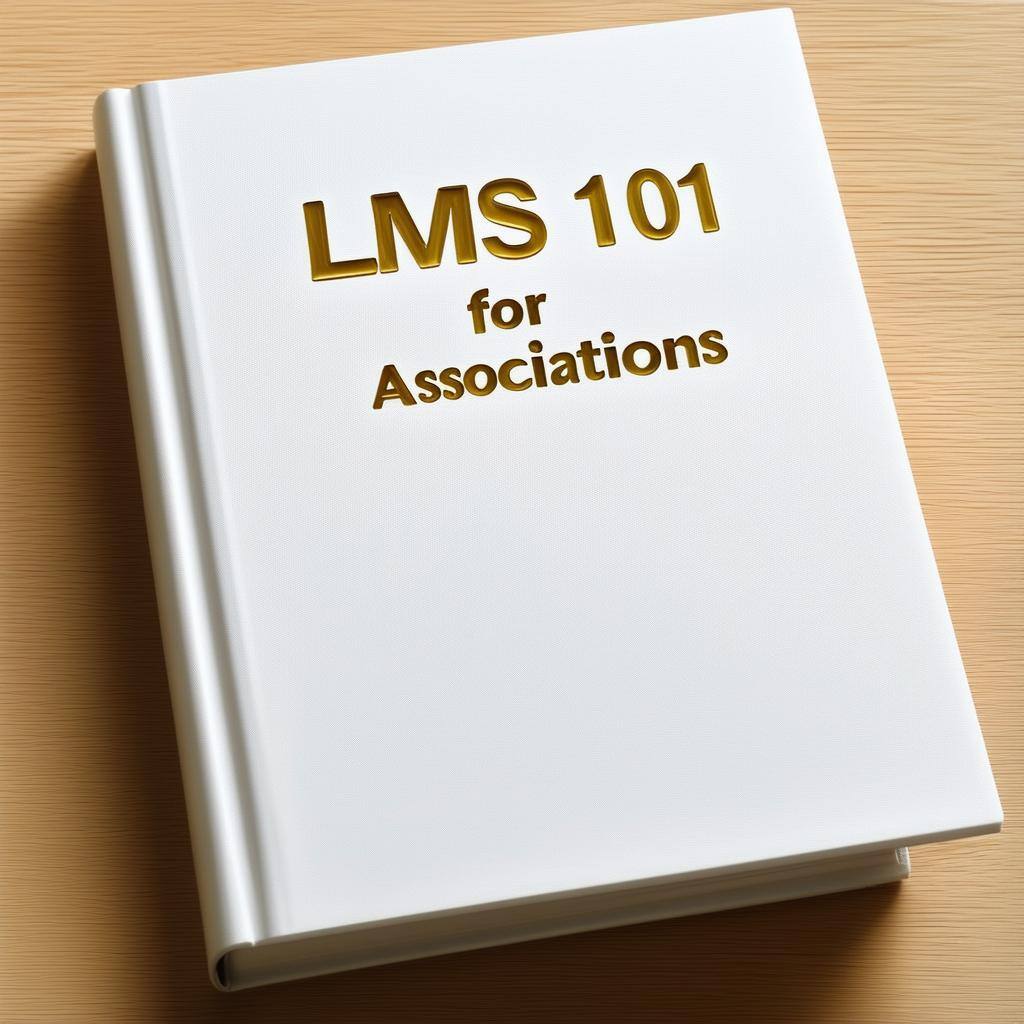Unlocking Non-Dues Revenue: Options for Associations
Many associations today face a common challenge: how to generate non-dues revenue. While membership fees are a key source of income, they may not be...
3 min read
Alle Reid : Mar 28, 2024 12:50:00 PM

When it comes to maximising non-dues revenue for associations, sponsorship opportunities can be a game-changer. But what exactly are corporate sponsors, and how can your association leverage this powerful tool?
For those unfamiliar, corporate sponsors are organisations or businesses that provide financial or in-kind support to an association in exchange for exposure and branding opportunities. Read on to discover how these sponsors can cover costs, facilitate outsourcing, and provide additional benefits to both the association and the sponsor itself.
Sponsorship benefits both the association and the sponsor. For associations, securing corporate sponsorships offers several advantages:
Corporate sponsors also enjoy benefits such as boosted visibility and increased brand recognition. By aligning themselves with an association, sponsors can reach a targeted and engaged audience, enhance their reputation, and demonstrate their commitment to industry or community causes. This can be particularly valuable for sponsors looking to build goodwill, attract new customers, or strengthen relationships with existing clients.
When considering potential sponsors, associations should seek out companies with shared values and objectives. This may involve finding sponsors that share similar goals or values with the association, or have overlapping target audiences. This alignment can facilitate a mutually beneficial partnership and enhance the likelihood of success for both parties. So, how can associations go about finding such sponsors?
Firstly, associations should conduct research to identify potential sponsors that align with their mission and values. This can include examining companies' websites, social media profiles, or previous sponsorships to gauge their interests and priorities.
Secondly, associations can tap into their existing network to identify potential sponsors. This might involve reaching out to current or former members, partners, or stakeholders to seek recommendations or contacts.
Finally, associations can attend industry events, conferences, or trade shows to engage with potential sponsors face-to-face and expand their network.
Once potential sponsors have been identified, associations should develop a compelling sponsorship proposal. This proposal should clearly outline the benefits of sponsorship, such as:
Associations should also be prepared to negotiate terms with potential sponsors and be flexible in their approach to meet the needs of both parties. Remember, building relationships is key. Engage in open communication with potential sponsors, address their concerns, and tailor your proposal to their specific needs.
While getting ongoing financial support would be ideal, it might not always be realistic. Here are some opportunities to consider securing sponsorship for:
Securing a sponsor for your upcoming corporate events not only helps offset costs but also allows for the enhancement of event offerings. Sponsorship can range from covering major event expenses such as venue rental and catering to funding additional features like entertainment, swag bags, or workshops that can elevate the overall attendee experience.
Sponsors also bring credibility and prestige to the event, making it more attractive to potential attendees and increasing its overall visibility. Furthermore, sponsors often have their own networks and marketing channels, which can be leveraged to promote the event and attract a wider audience.
Securing sponsors for a series of webinars is an effective strategy to rapidly expand. However, since not all potential sponsors may be ready to commit to an entire series, especially if you're just starting out, it's essential to offer various options. Consider starting with an introductory sponsorship option for a single webinar, as well as options for quarterly or annual sponsorship of webinars. Additionally, you can create tiers within the webinar sponsorship category to accommodate different levels of investment.
While sponsoring an in-person event allows for face-to-face interaction with attendees and the potential to acquire new leads, e-learning sponsorships hold equal value. Securing a sponsor for the creation of new e-learning courses offers opportunities for branding and increased awareness. It also ensures direct sponsor exposure to an audience that typically gives undivided attention to online content. This focus of online learners on educational materials makes e-learning sponsorship a highly compelling and effective marketing opportunity for potential sponsors.
Sponsorship opportunities can be a powerful tool for associations looking to maximise non-dues revenue. By partnering with corporate sponsors that share their values and objectives, associations can secure financial support, enhance visibility, and achieve greater impact. This strategic approach to corporate sponsorship can also help associations cover costs, outsource certain functions, and develop valuable partnerships.
With the right approach and careful consideration, associations can unlock significant non-dues revenue, enhancing financial stability and fostering partnerships that benefit both parties.
Looking for new non-dues revenue opportunities? Intuto has developed the Association Academy to help you get started in education opportunities. Meet with us today to find out how the Association Academy can benefit you!

Many associations today face a common challenge: how to generate non-dues revenue. While membership fees are a key source of income, they may not be...

For associations, generating non-dues revenue is a critical aspect of sustainability and growth. While external factors like member engagement and...

5 min read
In today's digital age, associations are increasingly turning to Learning Management Systems (LMS) to deliver valuable educational content and...